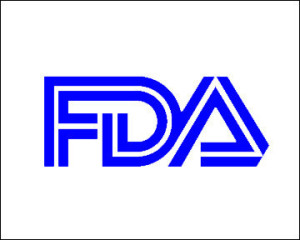by
Loren Bonner, DOTmed News Online Editor | February 07, 2013
Medical device approval processes could be severely impacted due to automatic, across-the-board spending cuts set for March 1.
According to analysts at the health care consulting firm Avalere Health, so-called sequestration would deprive the agency of critical resources needed for the timely review of important medical products. Sequestration would cut 8.2 percent from the federal budget unless Congress and the White House can agree on a way to cut spending through other means like tax reform.
"If you go whack the FDA budget there will be layoffs," Dan Mendelson, CEO of Avalere, told DOTmed News. "It's just the only way they can survive relative to a highly labor intensive environment."



Ad Statistics
Times Displayed: 78095
Times Visited: 2768 Ampronix, a Top Master Distributor for Sony Medical, provides Sales, Service & Exchanges for Sony Surgical Displays, Printers, & More. Rely on Us for Expert Support Tailored to Your Needs. Email info@ampronix.com or Call 949-273-8000 for Premier Pricing.
For example, clinical trials for devices, which require FDA approval, could be impacted if the FDA lacks the resources to let the manufacturers know that the trial is unsafe and should not proceed.
"By statute, the FDA has to let them [manufacturers] know in 30 days to stop and fix something before going forward," said Lakshman Ramamurthy, director FDA regulatory policy at Avalere. "If no one is there because of confusion, then the trial will proceed because they haven't been told to stop." Post-review processes could be equally impacted, according to Ramamurthy.
In addition, sequestration sets up a rare situation for the agency where increased user fees for 2013 are collected but not available to the agency.
In 2013, new user fee rates went into effect and as a result, the FDA agreed to hire more people.
"It's ironic because all the user fee payments will continue unabated but the agency will not be able to access that money so it sets up this world where the life sciences companies have to pay but the agency does not benefit," said Mendelson.
The problem is further exacerbated by the fact that FDA appropriations for fiscal year 2013 are set at 2012 funding levels.
While the FDA will have to make its own plans in the event they face budget cuts, Avalere officials hope the FDA is prepared for what may come on March 1.

